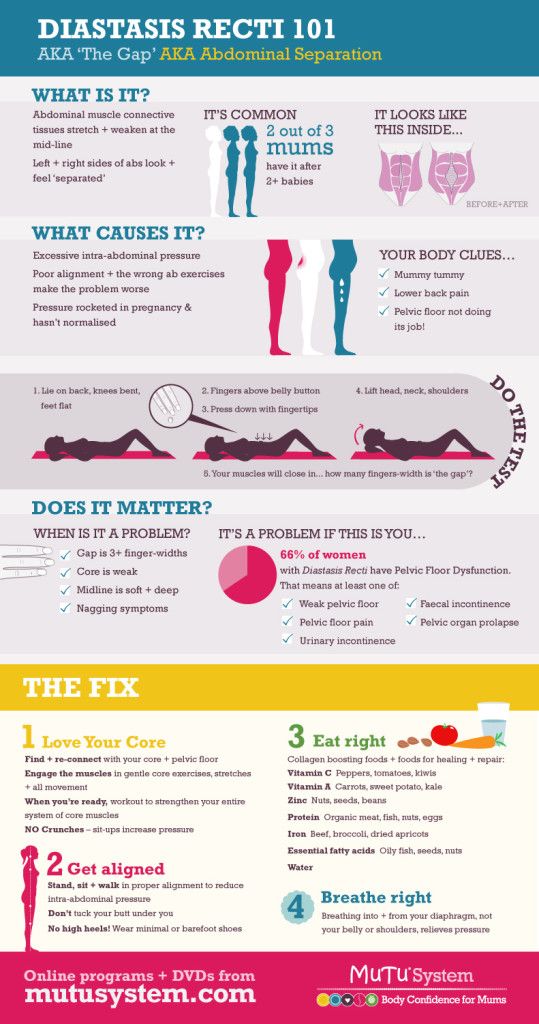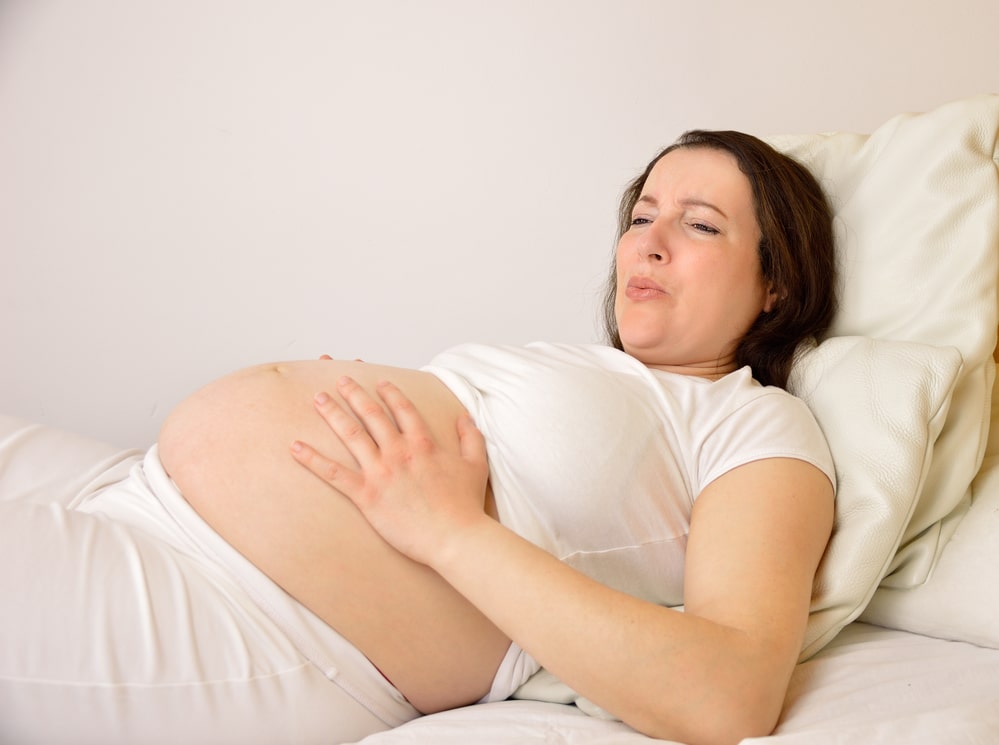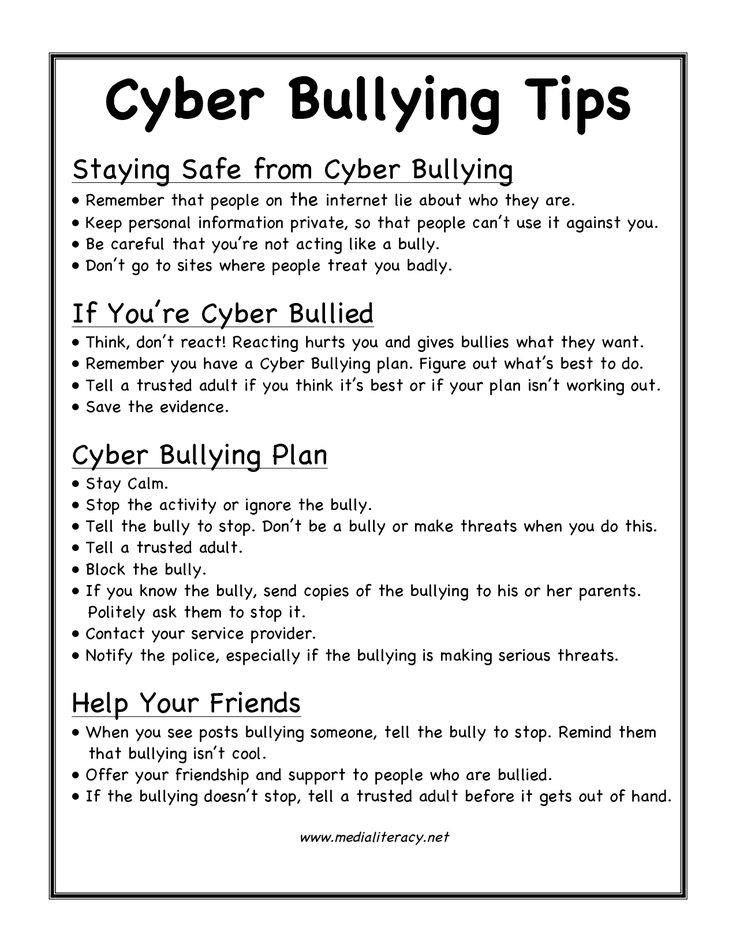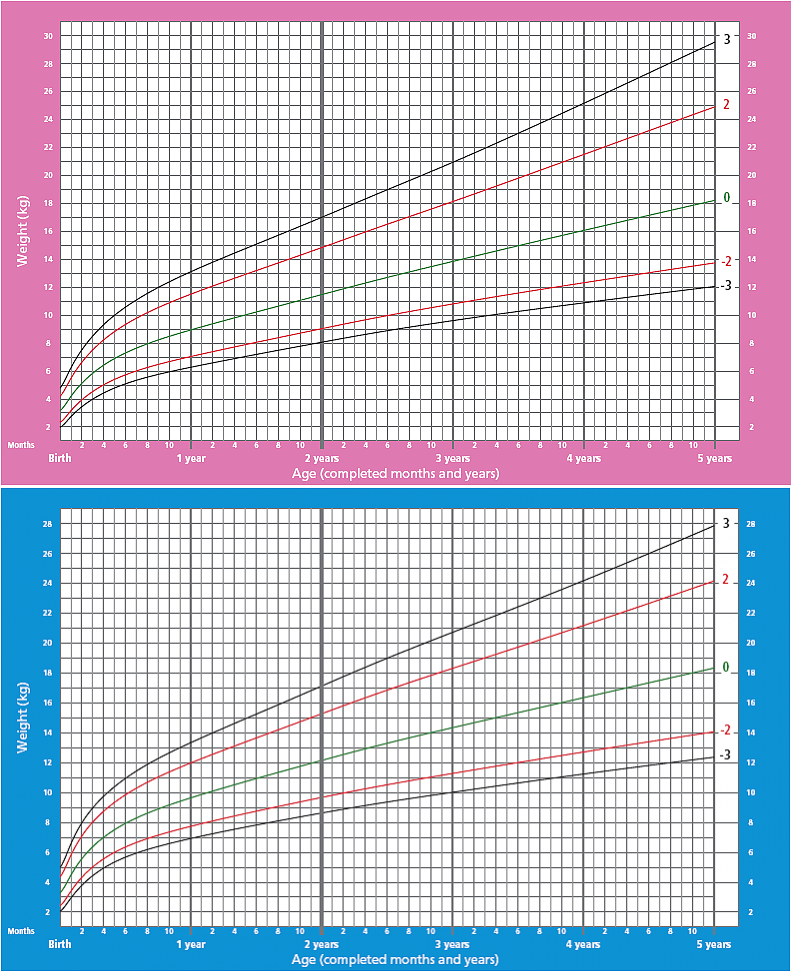Sleep at 7 weeks old
Your baby: 7 weeks old
Baby communication, meeting other parents and working on good sleep habits. All about life with a 7-week-old.
Photography by Nicole Duplantis/Clothing provided by babyGap and Joe Fresh
By now, you probably have a good sense of how you feel about your mat leave: a joyous canvas of baby fun and freedom from a schedule, or perhaps more of a bucket of suck with a screaming overlord and not enough sleep. Most likely, it’s something in between, varying from day to day and hour to hour, and you’re both happy and sad at how quickly the weeks are passing. If life after baby hasn’t been as enjoyable as you’d hoped, this may be the week to find new friends among fellow moms or dads in your neighbourhood—there’s nothing better than being able to share the highs and lows of life with a newborn with someone who is travelling the same bumpy road.
7-week-old development & milestonesYour baby’s a bossReaching, grasping, holding? It’s all about your baby’s hands and arms this week as they gain more control and begin to reach for things they want—including you! It’s too early for your baby to be able to reach and grab what they want, but their hands are open now and, if you place a toy in baby’s grasp, they may be able to hold on. The same goes for when their fingers grab your hair and don’t quite know how to let go—ouch!
One-month-old baby feeding and sleep schedule Your baby can also track objects with their eyes at this point (you can practice by holding a colourful object close to their face and then moving it left and right, slowly enough for your baby to follow). Your baby can also turn their head in reaction to a new sound and can coo and wiggle in response to a favourite person entering the room. That full-bodied kick of delight nearly makes up for the bad night you just had, doesn’t it?
Feeding and sleep routinesSpeaking of nights, your baby should be lengthening their night-time sleep periods and starting to develop nap habits that are almost (but not quite!) predictable. If you’re lucky, your baby is sleeping five or six hours at a stretch during the night for a total of about 15 or 16 hours a day. It’s a gradual process, but the micro-sleeps of those early days should be turning into longer naps, with three or four hours in between where baby is alert to feed or play—and you may be able to run errands before the next naptime takes hold.
Feedings may also be settling into a routine around sleep patterns, stretching out to less frequent—and more efficient—drinking sessions. But growth spurts and their greater demands have a way of messing with your best attempts to establish some kind of rough schedule, don’t they? If you’re using formula or breastmilk by bottle, you may find your baby draining a full four-ounce bottle at each feeding at this age (it may even be time to upsize to larger bottles or inserts) or you may have a few more weeks of smaller servings.
Why I created a Facebook group for black moms only
Are you wishing you had more moms to talk to? Looking for a way to break the monotony? Missing the social life of colleagues and conversation? It may be too early for a playdate for your baby, but a moms’ group (even if it’s just on Facebook) is a great option to expand your social circle without worrying about having to change out of your yoga pants or pretend that you’re not exhausted.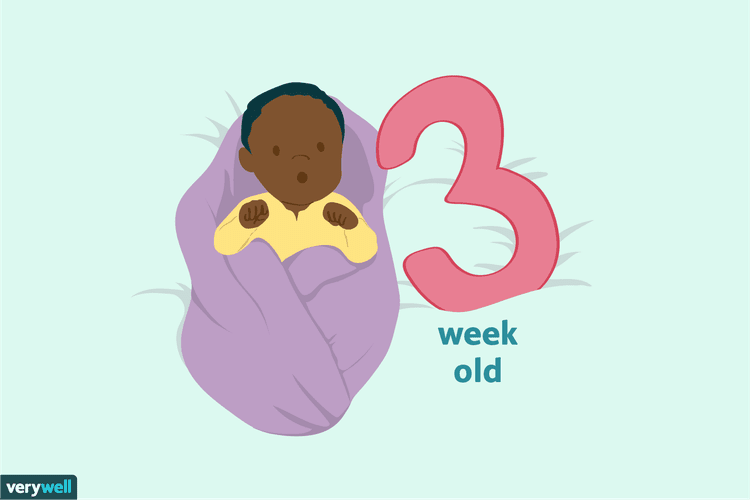 Even if you are not an extrovert and dread group settings, trying a few moms’ groups can help you find another parent friend who shares your outlook on life—or inappropriate sense of humour—and give you someone to meet at the park or drop-in centre when you need to get out of the house. Here are some tips on finding a moms’ group and reasons why you’ll be glad you did.
Even if you are not an extrovert and dread group settings, trying a few moms’ groups can help you find another parent friend who shares your outlook on life—or inappropriate sense of humour—and give you someone to meet at the park or drop-in centre when you need to get out of the house. Here are some tips on finding a moms’ group and reasons why you’ll be glad you did.
Your belly is nothing like it was before baby, but that belly bulge may be a sign of diastasis recti, not post-baby flab. Your abdominal muscles don’t always snap back into place after having a baby, leaving you with a baby bump long after the baby has been evicted. If you notice that your belly is protruding and you feel weakness in your core, have lower back pain or experience incontinence that lasts beyond eight weeks postpartum, talk to your healthcare provider. A physiotherapy assessment (even months or years after giving birth) can be the first step toward restoring your muscles to their proper place.
Most mothers plan to breastfeed, but few have any idea how it will work out. With no way to really prepare for it, the first weeks of nursing can be the hardest on-the-job training you’ll ever do—complete with a screaming boss and all-new double-D cups that seem to have a mind of their own. Watch and appreciate the 12 things that nobody told you about breastfeeding.
Getting to the bottom of diaper rashIt’s the punchline to a joke about parenthood, until you’ve seen it on your own baby’s sore tushy—and then you’re appalled at how bad it can get and how much it seems to hurt. More frequent diaper changes are an obvious—if expensive—first step to banishing diaper rash, but there is more you can do. Read more about the dreaded redness and how to deal with diaper rash.
Read more about the dreaded redness and how to deal with diaper rash.
Did anyone give you a great gift for giving birth? A new car or fancy jewellery perhaps? Just a beautiful, bouncing baby? Celebrity push presents are real and some are totally sweet, but others are ridiculous (or maybe we’re just jealous). Take a look.
Photo Gallery
Celebrity push presents: From the practical to the over-the-top
1 / 14 Photo: Courtesy of @kyliejenner via Instagram stories
Kylie Jenner
The Kardashian-Jenner clan are no strangers to luxury, and when the youngest of the siblings gave birth to her daughter, Stormi, on February 1, she received a pricey push present. Twenty-year-old, Kylie Jenner, shared an Instagram story showing off a black, limited edition Ferrari La Ferrari and as she’s recording, you can hear her say “push present” off-camera. And what does an extravagent push present like this cost? About $1.4 million! Is it a gift from her boyfriend (and Stormi’s father) Travis Scott? We’re not sure. Kylie may be able to pick up diapers in her new push present, but the suicide doors and lack of a back seat suggest that it isn’t exactly car-seat friendly.
And what does an extravagent push present like this cost? About $1.4 million! Is it a gift from her boyfriend (and Stormi’s father) Travis Scott? We’re not sure. Kylie may be able to pick up diapers in her new push present, but the suicide doors and lack of a back seat suggest that it isn’t exactly car-seat friendly.
Read more:
Your baby: 8 weeks old
The introverted mom’s newborn survival guide
Watch Baby Grow!
Subscribe to Today’s Parent’s baby newsletter and find out what to expect for every stage and milestone, from birth to two years.- Email*
- Baby's due/birth date*
Month223456789101112
Day12345678910111213141516171819202122232425262728293031
Year2024202320222021
- CAPTCHA
- Consent*
Yes, I would like to receive Today's Parent's Baby newsletter. I understand I can unsubscribe at any time.**
FILED UNDER: Baby 0-3 months Baby milestones baby sleep Breastfeeding Diaper rash growth spurts Napping Push presents Social skills Steps and Stages
7-Week-Old Baby Milestones – Happiest Baby
By Dr. Harvey Karp, MD, FAAP
Harvey Karp, MD, FAAP
Your baby is rounding the corner on their second month of life—and those sleepy newborn days may feel like a distant memory. By now, your baby is really waking up to—and is fascinated by—the amazing lights, colors, and sounds all around.
You’re really getting a glimpse of what playtime will look like as your baby gets older. There’s still lots of watching everyone coming and going, but also lots more interest in active play. As a result, you’ll notice new skills, like batting at toys, holding the head for longer periods, and having fun grasping small objects, like a rattle.
Feeding Your 7-Week-Old Baby
For a tiny little nugget, your baby may have quite the appetite! Generally, babies gain 1.5 to 2 pounds of body weight per month. Regular feeding—every couple of hours—is still important to keep your baby fueled.
Your 7-Week-Old Baby’s Development
All these feedings give energy for tummy time, but also nourish very active brain growth. Whether your baby consumes breast milk, formula, or a combination of the two, the vitamins, minerals, and nutrients they digest are essential for building the brain’s important pathways. Amazingly, your baby’s brain is adding 250,000 to 500,000 cells every second!
Whether your baby consumes breast milk, formula, or a combination of the two, the vitamins, minerals, and nutrients they digest are essential for building the brain’s important pathways. Amazingly, your baby’s brain is adding 250,000 to 500,000 cells every second!
7-Week-Old Baby Sleep
Your 7-week-old baby should be sleeping really well (in SNOO babies often have 5, 6, or even 7-hour stretches of continuous sleep). And all that rest is helping them make the most of their awake periods. In early weeks, babies just wake up and quietly look around, but now your baby spends longer periods actively alert and playful. By watching them track moving objects with their eyes and batting at things with their hands you can see that the senses are starting to come together in ways that build the foundation for major motor skills to come!
As much fun as you two may be having together, it’s important to schedule some mellow downtime. Ideas include taking walks, singing lullabies, doing little massages, and rocking in a rocking chair.
7 Week-Old Baby Sleep Regressions
Some parents notice a sleep regression as their little one approaches 3 months. Regressions are marked by early-morning or middle-of-the-night wakeups and trouble falling asleep that seemingly sneaks up on you (and your baby) out of the blue. When it comes to sleep regressions, the best cure is prevention. I advise continuing to use the 5 S’s (or SNOO), to help soothe your baby to sleep. You might want to consider using a dream feed to top your baby off before bed. And be sure to get outside early in the day—this can help get your baby’s internal clock back on track!
Your 7-Week-Old Baby’s Health
How to Spot a Fever
Fevers aren’t pleasant at any age. For infants younger than 12 weeks, however, any temperature above the normal range is cause to ring up your pediatrician.
- Before 6 months of age, the most reliable ways to check for fever are with rectal, forehead, or under-arm thermometers (not ear thermometers).
 A fever is a temperature above 100.4° F rectal or forehead or above 99° F for under-the-arm.
A fever is a temperature above 100.4° F rectal or forehead or above 99° F for under-the-arm. - As well as feeling hot to the touch, symptoms associated with fever include irritability (more than usual and not just at the witching hour), lethargy (very little good alert time, sleepiness to where baby is just not eating what you would expect).
- Viral infections are the most common cause of fevers, but bacterial infections in the babies are common, too, and can worsen quickly.
- If your infant younger than 3 months has a fever, do not treat the fever with medication before seeing a pediatrician. Call to discuss your baby’s condition right away…don’t wait for the morning.
< Your 6-Week-Old Baby | Your 8-Week-Old Baby >
About Dr. Harvey Karp
Dr. Harvey Karp, one of America’s most trusted pediatricians, is the founder of Happiest Baby and the inventor of the groundbreaking SNOO Smart Sleeper. After years of treating patients in Los Angeles, Dr. Karp vaulted to global prominence with the release of the bestselling Happiest Baby on the Block and Happiest Toddler on the Block. His celebrated books and videos have since become standard pediatric practice, translated into more than 20 languages and have helped millions of parents. Dr. Karp’s landmark methods, including the 5 S’s for soothing babies, guide parents to understand and nurture their children and relieve stressful issues, like new-parent exhaustion, infant crying, and toddler tantrums.
Karp vaulted to global prominence with the release of the bestselling Happiest Baby on the Block and Happiest Toddler on the Block. His celebrated books and videos have since become standard pediatric practice, translated into more than 20 languages and have helped millions of parents. Dr. Karp’s landmark methods, including the 5 S’s for soothing babies, guide parents to understand and nurture their children and relieve stressful issues, like new-parent exhaustion, infant crying, and toddler tantrums.
View more posts tagged, Week By Week
Have questions about a Happiest Baby product? Our consultants would be happy to help! Connect with us at [email protected].
Disclaimer: The information on our site is NOT medical advice for any specific person or condition. It is only meant as general information. If you have any medical questions and concerns about your child or yourself, please contact your health provider.
How to sleep during pregnancy
It is difficult to overestimate the role of sleep in the life of every person. A complete healthy rest allows you to fully restore the functioning of the nervous system, relieve stress, improve performance and increase activity. Chronic sleep deprivation is the cause of many diseases. What can we say about a woman who is at the stage of bearing a baby. During this period, more than ever, she needs a healthy, long and full sleep. However, unfortunately, it is during this period that one can only dream of a restful sleep.
As soon as a woman finds out about her new position, she has to give up a lot for the sake of the health of her unborn baby. And you need to give up not only bad habits: alcohol, cigarettes, coffee, but also from a comfortable sleep.
The cause of insomnia can be :
- Anxiety;
- Frequent urination;
- Fears and phobias before a new stage of one's life;
- Nervousness and irritability;
- Digestive disorder;
- Toxicosis;
- Physical indisposition;
- Uncomfortable posture.

During the period of bearing a child, the female body experiences an extraordinary load, especially in the last trimester. The need for more sleep increases, because the body expends much more energy. Therefore, healthy sleep and pregnancy are inextricably linked.
As soon as a woman finds out about her new position, she has to give up a lot for the sake of the health of her unborn baby. And you need to give up not only bad habits: alcohol, cigarettes, coffee, but also from a comfortable sleep.
Let's try to figure out how to sleep during pregnancy, so as not only not to harm the health of your unborn baby, but to sleep well.
Looking for a comfortable sleeping position
Each person has his own favorite position, in which it is easy to fall asleep and sleep. Many do not imagine a comfortable rest on their backs, accustomed to sleeping on their stomachs. This habit will have to be sacrificed, as it is unsafe for the normal development of the fetus. If in the first three months of pregnancy a woman can still sleep in the position in which she is used to and feels comfortable, then after the first trimester the growing belly will not allow her to lie safely in this position. Despite the natural protection of the baby in the form of amniotic fluid, there is a high probability of injuring the baby in a dream, squeezing it. But what is the right way to sleep during pregnancy?
If in the first three months of pregnancy a woman can still sleep in the position in which she is used to and feels comfortable, then after the first trimester the growing belly will not allow her to lie safely in this position. Despite the natural protection of the baby in the form of amniotic fluid, there is a high probability of injuring the baby in a dream, squeezing it. But what is the right way to sleep during pregnancy?
Back position
Even if you are used to sleeping in a Spartan position, on your back, with your arms spread wide, from the 28th week you will have to radically change your lifestyle. The fact is that as the fetus grows, the load on the intestines and vena cava will increase significantly, blocking the access of oxygen to the baby.
As soon as a woman finds out about her new position, she has to give up a lot for the sake of the health of her unborn baby. And you need to give up not only bad habits: alcohol, cigarettes, coffee, but also from a comfortable sleep.
If you sleep on your back during pregnancy, you may experience the following problems:
- Dizziness;
- Nausea;
- Convulsions;
- Numb limbs;
- Pressure reduction;
- Hemorrhoids;
- Heaviness of breathing.
If you feel these symptoms or the baby gives persistent signals, you need to urgently change your position, so squeezing the vena cava is fraught not only with poor health for the mother, but also with a lack of oxygen supply to the fetus.
Stomach position
One of the most beloved positions for many people, which allows you to quickly fall asleep while hugging a pillow. Many women, as soon as they find out about the change in their lives, are interested in the question, is it possible to sleep on your stomach during pregnancy? Doctors recommend abandoning this position already in the first weeks, even before the enlarged belly makes it impossible to fall asleep peacefully.
If you are afraid during sleep, without controlling your movements, to arbitrarily roll over on your stomach, you can put a large pillow that does not allow you to change position.
Side position
In order to normalize your sleep and not harm the health of the baby, experts recommend sleeping on your side during pregnancy. And if at first this option seems unacceptable to many, after the second trimester, lying on your side is the only possible one. But here the question arises, on which side to sleep in order to ensure the safety of the fetus?
Sleeping on the right side can cause squeezing of the kidney, which can have dire consequences. The ideal posture is lying on the left side. Thus, you not only do not injure the unborn baby, but also improve blood flow along with oxygen to the placenta.
But one should not ignore the individual characteristics of each organism and the position of the fetus in the uterus. When the baby is in a transverse position, choose the side where the baby's head is. And with a breech presentation, doctors recommend changing the position several times a night.
If you still cannot improve your sleep, you feel unwell and you are tormented by insomnia, then it is better to consult a specialist. A good gynecologist will analyze the situation and help solve the problem. If necessary, he will prescribe a safe sedative that stabilizes the emotional state and helps to fall asleep calmly, resting and restoring the nervous system in a dream.
A good gynecologist will analyze the situation and help solve the problem. If necessary, he will prescribe a safe sedative that stabilizes the emotional state and helps to fall asleep calmly, resting and restoring the nervous system in a dream.
Help pillow
Fortunately, now modern manufacturers help women survive the pregnancy period with great comfort by offering special pillows. They are made taking into account the physiological characteristics of a woman in this period and allow you to find a comfortable position for relaxation.
You can buy two pillows and put one under your stomach and the other under your knees, looking for your best option. And you can buy a long banana-shaped pillow, which allows you to throw your leg on it while sleeping, which improves well-being and relieves the main load from the lower back and abdomen. Already in the last weeks of pregnancy, when the growing belly does not allow you to breathe normally, the pillow will allow you to take a comfortable half-sitting position.
Remember that pregnancy is your opportunity to gain strength and fully relax before the most crucial period in your life. Childbirth and the first weeks of caring for your baby will require a lot of energy from you, so good luck and sound sleep!
Is it possible to sleep on your stomach during pregnancy
Subscribe to our Instagram! Useful information about pregnancy and childbirth from leading obstetricians and gynecologists in Moscow and foreign experts: https://www.instagram.com/roddompravda/
Tips and opinions from leading child professionals: https://www.instagram.com/emc.child/
Many girls like to sleep on their stomachs, moreover, many of them can fall asleep only in this position. When planning a future pregnancy, many people have reasonable questions about whether it is possible for pregnant women to sleep in this position and for how long can this be done? Obstetrician-gynecologist EMC Olga Panfilova answers these and other questions.
Can I sleep on my stomach in the first trimester?
Of course, for good health and mood, a calm and complete rest at night is very important. This is especially true for a woman who is expecting a baby, because it is she who often has problems with sleep, not least related to the positions that she usually takes in a dream. Including the posture on the stomach. However, in the early stages of pregnancy, you can safely continue to do this. The uterus is still so small and, moreover, so well protected by the bones of the pubis, that this position of the body is not capable of causing any harm to the developing baby. If the usual posture began to cause you discomfort, then most likely this is due to the so-called inflection of the uterus, which occurs due to the fact that the tissues of this organ soften, especially in the isthmus zone. Another cause of inconvenience may be the mammary glands, which begin to gradually increase in size, become painful. If you're having similar problems, it's time to find more comfortable sleeping positions, such as trying to fall asleep lying on your back.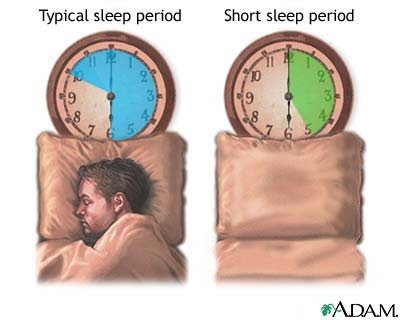 And even better already in the early stages to accustom yourself to sleep on your side. You will definitely appreciate the benefits of the newly acquired habit later, when your stomach has reached such a size that even the very thought of trying to sleep on it seems ridiculous.
And even better already in the early stages to accustom yourself to sleep on your side. You will definitely appreciate the benefits of the newly acquired habit later, when your stomach has reached such a size that even the very thought of trying to sleep on it seems ridiculous.
Can I sleep on my stomach in the second trimester?
In the second trimester of pregnancy, the expectant mother can already boast of a voluminous belly, which means that the baby inside has grown up. And even though it is reliably protected by the fetal membranes, amniotic fluid, the muscles of the uterus and the press, laying on the stomach, you still put pressure on the baby. And just imagining that you are lying on your child, you are unlikely to be able to sleep peacefully. At this stage of pregnancy, you can still sleep on your back, but it is best to lie on your side, so you arrange your stomach as comfortably as possible.
Can I sleep on my stomach in the third trimester?
In the third trimester of pregnancy, sleeping on the back of the expectant mother is no longer recommended.





